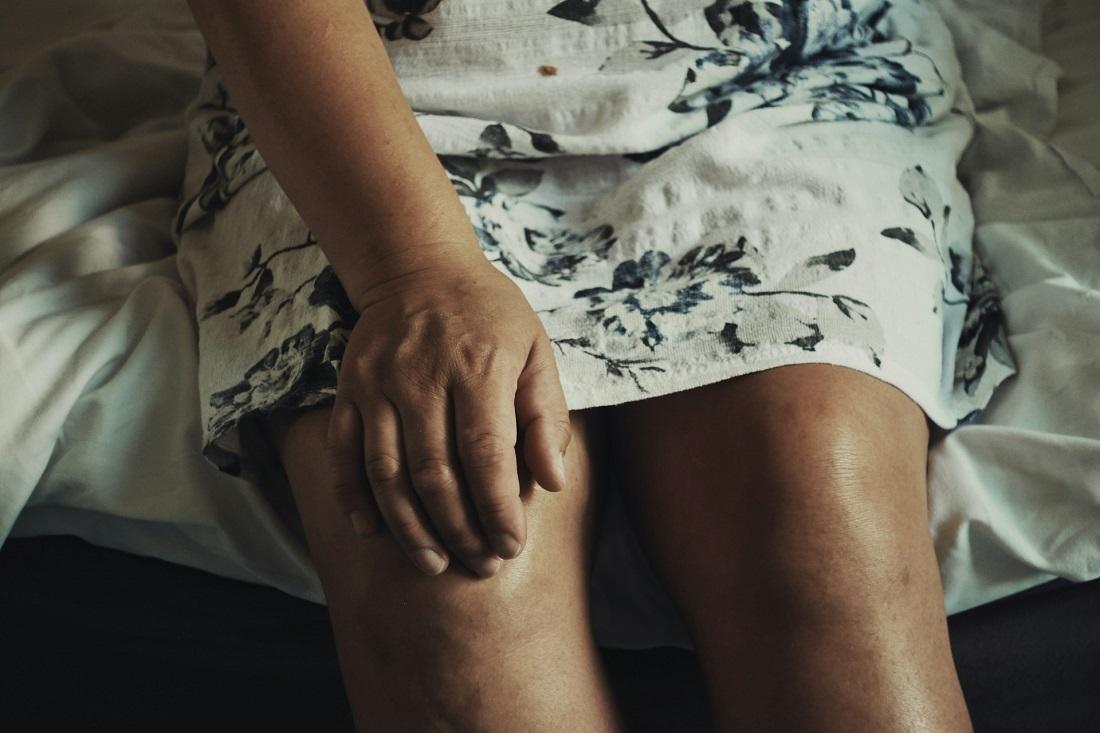Periprosthetic joint infections (PJI) happen when bacteria infect an artificial joint and create a slimy film called a biofilm. About one percent of all knee and hip replacements will become infected. PJI is treated with antibiotics and surgery, but it is hard to get rid of as a single bacterial cell can start another flare-up.
Dr. Azad often sees patients with chronic PJI who have failed all treatments. The patient in this clinical trial was one of them. Their joint infection had become resistant to many kinds of antibiotics, and the surgeries to fight it were becoming riskier.
“My heart broke for this patient – we had nothing left to give them,” said Dr. Azad, an infectious disease physician and associate scientist at The Ottawa Hospital and assistant professor at the University of Ottawa. “It’s unacceptable to have such a severe infection and there’s nothing we can do. We needed to think outside the box.”
Phages: An emerging option
Dr. Azad decided to try phage therapy. Phages are viruses that target bacteria and replicate inside them. So many phages are made that the bacterium explodes, sending out many phages that go in search of more bacteria.
In addition to killing bacteria directly, phages also make antibiotics more effective by reducing the biofilm that surrounds and protects the bacteria. Because phages only infect bacteria and not human cells, phage therapy has few side-effects and is generally considered very safe.
Phage therapy is experimental and it is not available in Canada outside of clinical trials. Dr. Azad and her research team received approval from Health Canada to treat this patient with phage therapy, as part of a single-patient clinical trial.
To source the best phage for the patient, Dr. Azad approached Cytophage Technologies Ltd., a biotechnology company based in Winnipeg. Cytophage produced phage to use in Dr. Azad’s therapy which was specialized to the patient’s needs; specifically, phage to attack the Staphylococcus epidermidis bacteria that was infecting the patient’s implant.
In February 2024, Dr. Azad gave the patient their first dose of phage, given regularly over two weeks.
The primary objective of such an early trial is to show safety and tolerance of a new treatment, and then watch for signs and symptoms to see if it may be working against the infection.
“It’s notoriously difficult to find a phage that works against this specific bacterium,” said Dr. Azad. “From a laboratory and clinical perspective, getting phage therapy to this patient was very challenging, but we did it. We were able to offer them some hope that this might not be the end.”
In addition to phage therapy, Dr. Azad’s laboratory is investigating ways to better prevent, diagnose, and treat PJI. She and her team will be using this trial as launch point to lay the groundwork for future phage therapy research for the treatment of PJI.
Media requests: media@uOttawa.ca
For patients: Phage therapy is experimental and not available in Canada outside of clinical trials. The Ottawa Hospital is not accepting patient referrals for phage therapy clinical trials. Patients can search for phage clinical trials on Clinical Trials.gov, and discuss any trials of interest with their health care provider.
